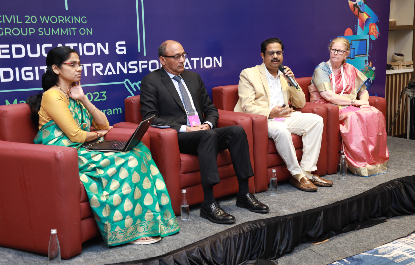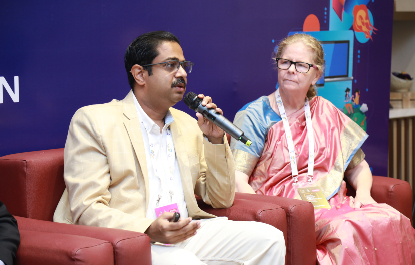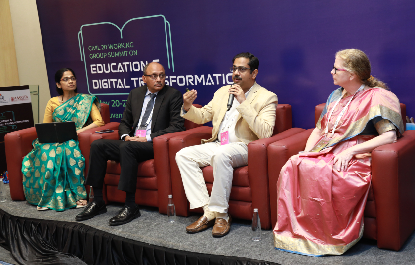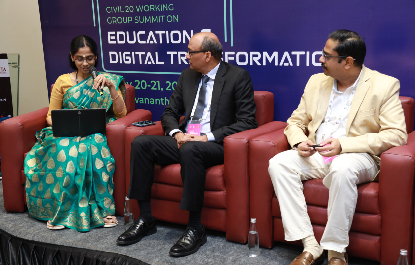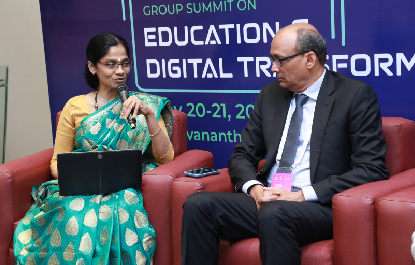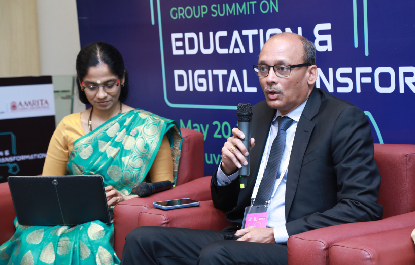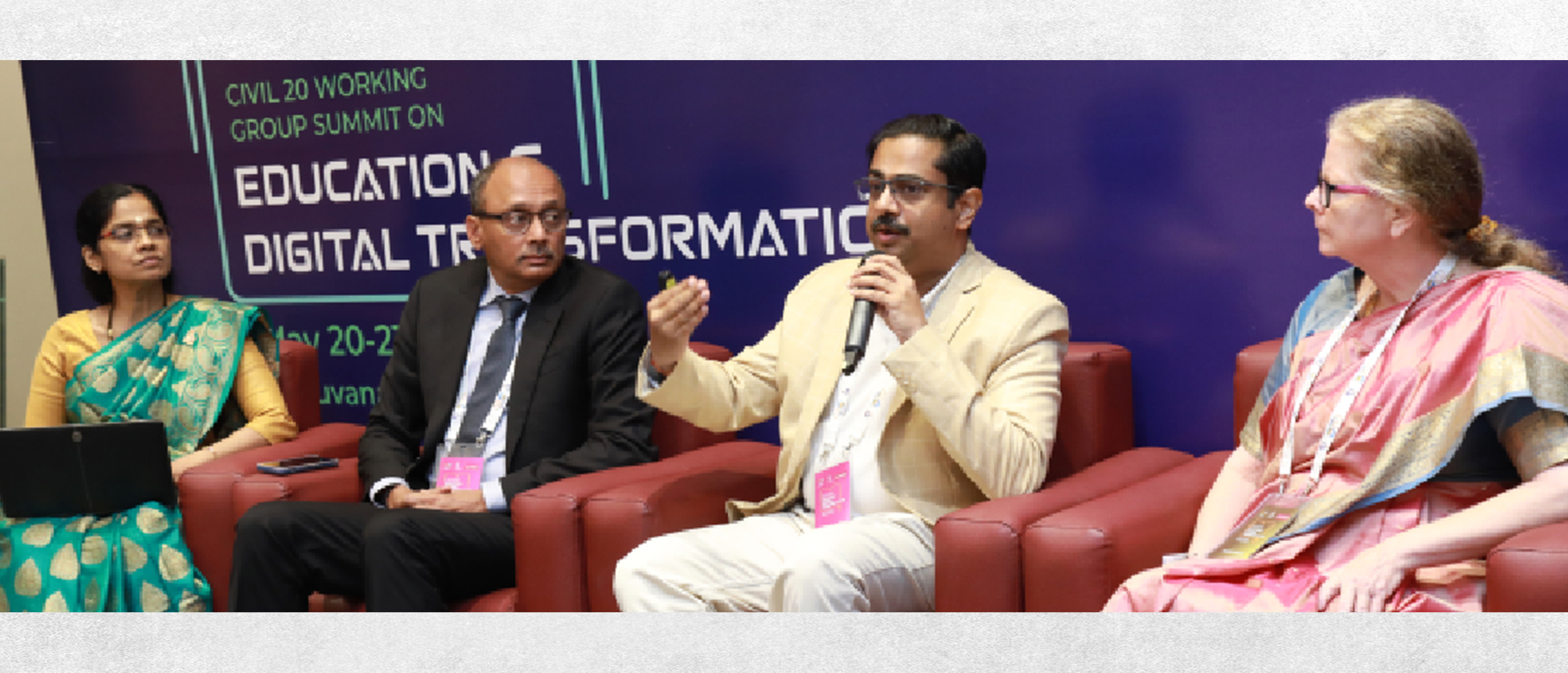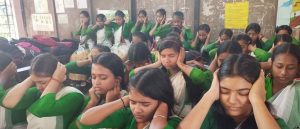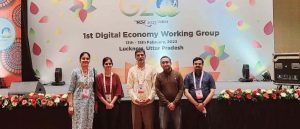C20 EDT Summit: Panel Discussion on Emerging Technologies & Education in Resource-Limited Settings
A panel discussion on Emerging Technologies and Education in Resource-limited Settings. Dr. Krishnashree Achuthan, National Coordinator of C20 Technology, Security & Transparency moderator of the session, highlighted the importance of education in instilling cultural values. She emphasized UNESCO’s data on declining primary and special education needs, highlighting the necessity of involving various stakeholders and fostering positive change.
The expert panelists who participated in the discussion include Dr. Nochiketa Mohanty, Associate Director, Jhpiego, India and USAID RISE; Shri. Vijay Vemulapalli, Secretary, VIBHA, USA and Ms. Kathryn Devenport, MA Center, USA.
Dr. Nochiketa Mohanty emphasised the need for transforming education in resource-limited environments and addressing COVID-19 challenges. He proposed a physical plus digital learning approach, emphasising knowledge acquisition, competence development, and performance improvement through simulation. Some of the key suggestions include the need to adopt hybrid learning, collaboration, competency-based education, quality assurance, customization, contextualization, resource allocation, and sustainability.
Shri. Vijay Vemulapalli emphasized the importance of digital access, digital content, and bandwidth in achieving the Sustainable Development Goal (SDG) 4 of Quality Education. VIBHA aimed to give every child access to a digital device for 2 trillion rupees and increase education funding by 15%. He also emphasised the need for digital hubs to improve connectivity in rural areas. He emphasized the need for teacher training, interactive learning environments, and ongoing programs, highlighting India’s NEP 2020 as an exemplary roadmap to inspire other countries in achieving SDG 4 by 2030.
Ms. Kathryn Devenport highlighted the learning app created by Amrita CREATE, catering to diverse educational needs. The app aids in designing engaging digital content and focuses on supporting students with basic foundations and struggling with reading, thus ensuring accessible education for all. She emphasized the importance of accessible education through an app that supports students with basic foundations and reading difficulties. Additionally, she advocated for adequate teacher training, diverse teaching methods, regional languages, and dedicated platforms for teachers to share impactful practices.
During the Question and Answer session, Dr. Anil Sahasrabudhe, Chairman, National Education Foundation Trust (NEFT), emphasized the significance of teacher training. The All India Council for Technical Education (AICTE) has joined forces with the government to develop a tool that facilitates access to educational resources in various Indian languages. The NEP 2020 has introduced early vocational skills and liberal education. He added digital platforms revolutionize education, and involving children in curriculum design allows for incorporating their interests and ensures the fulfilment of resource constraints.
The panel discussion reinforced the significance of girls’ education, digital technology support, and government school resources. Some of the additional aspects touched upon include the need for enhanced facilities, human resources, infrastructure, and non-discriminatory device provision. Key takeaways include lifelong learning, partnerships, children’s feedback, and tailoring education for specific competencies.
